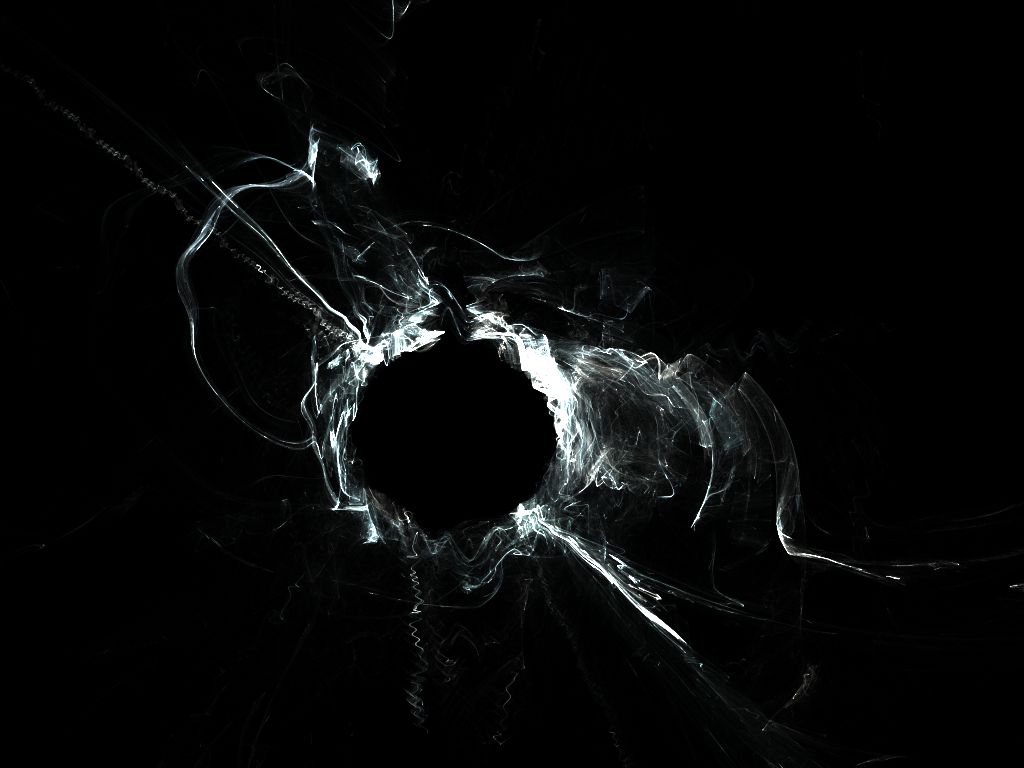
Liu Cixin’s The Three-Body Problem (三体) marked my first venture into Chinese fiction since moving here a few months ago, and if this is any indication, I’m in for a world of pleasure in my new home. The book combines something I’ve always loved—creative science-fiction—with my newfound enthusiasm and curiosity about all things (well, most things) Chinese, so it’s no surprise that I adored it.
For those who haven’t heard of it, the novel is the first installment of a trilogy called Remembrance of Earth’s Past (titular foreshadowing?), and it describes the inception of an extraterrestrial invasion plot during the Cultural Revolution in China, through its development into a modern near-future when various human factions vie for control over its outcome. My husband stumbled upon its English translation (by Ken Liu) in a bookstore here in Guangzhou.
As sci-fi goes, the first book in Liu’s trilogy is full of somewhat complex (to the layperson; that is, me) conceptual physics and occasionally math, which instead of turning me off, made the narrative more credible and engrossing. The story itself worked extremely well for me, blending a handful of genres (historical fiction, speculative, noir) with straight sci-fi. Lovers of Haruki Murakami’s oddball fantasy will find this formula familiar, though the book never descends into the wacky surrealism of air chrysalises or sheep men. On the other hand, there’s an uncouth policeman very reminiscent of the private eye in Wind-up Bird and 1Q84, and an extended recurring virtual reality (one of the novel’s most brilliant touches) not unlike the alternate reality/dreamscape of Hard Boiled Wonderland.
I haven’t said very much about the story itself here, and that’s because Liu hems and haws in getting to it, embedding it in layers of flashback and two very distinct perspective characters, supported by a large cast of colorful secondary players. This didn’t bother me: I was engaged the entire time. Governments, nanotechnology, theoretical scientists, global-scale misanthropist organizations and extraterrestrial intelligence all figure prominently. The book really feels like the first third of a very long novel, so I expect things to come together more tangibly in number two, which I’m going to start as soon as I locate a copy in English. If you’re an addictive reader, wait to read this until you have the spare time to dedicate yourself to late nights and antisocial behavior.
If you’re curious about the title, it refers to a hypothetical physics problem that seeks to predict the orbital motion of three bodies that exert gravitational pull on each other, as opposed to the more simplistic two bodies of our familiar earth-sun relationship. While the novel didn’t make a physicist out of me, it did force me to recall some of the things that old Dr Burgess taught me in high school. One of the things that most impresses me as a reader is an author who can bring real math or science into literature in meaningful and compelling ways. Is Liu that author? Yes: resoundingly, and he will tell you more about his views on the role of science in fiction in an eloquent philosophical statement at the end of the novel.
A note for the lazy—the film version is scheduled to come out in 2016.
Disclaimer: The above review was brazenly lifted and only somewhat modified from the one I posted on Goodreads.
One thought on “Three Body Weaves Sci-fi Magic out of Math”
Sorry, comments are closed.